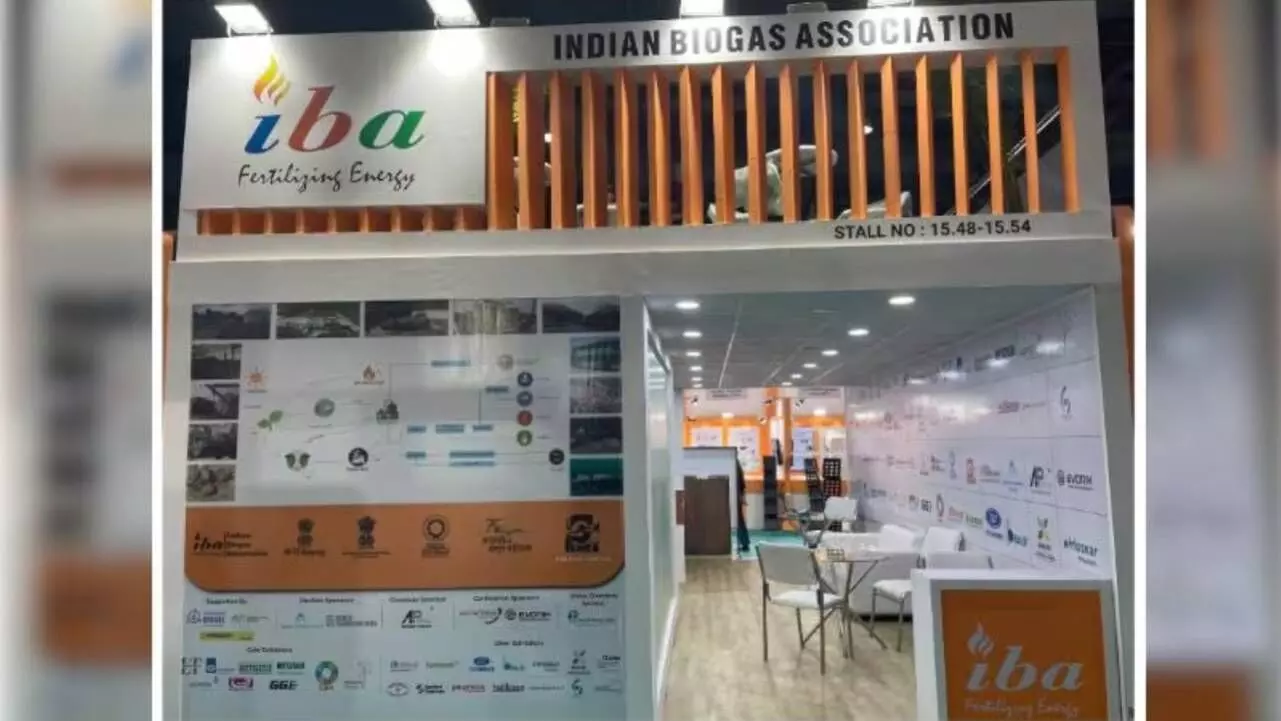Incentives, local support can boost biogas sector: IBA
State govtss can take to promote biogas sector which can help them save Rs 50,000 cr in various means, says Gaurav Kedia, Chairman, IBA
image for illustrative purpose

New Delhi: Additional financial assistance, easy access to finance and local support mechanisms are some of the measures that the state governments can take to promote the biogas sector which can help them save Rs 50,000 crore in various means, Indian Biogas Association (IBA) has suggested.
Talking to a news agency in an interview, IBA Chairman Gaurav Kedia said, “States can bolster central initiatives for the sector by offering additional financial incentives, facilitating easy access to credit, and providing local support mechanisms.” He stressed that involvement of state governments is critical to achieve the larger goal of self-reliance in energy. State governments can save up to Rs 50,000 crore through the biogas sector, he said, adding that savings could be in the form of waste management and pollution reduction, biogas production and health improvements of population. He cited the example of the Uttar Pradesh government, which offers an additional Rs 75 lakh per ton of production capacity (up to Rs 20 crore) on the top of central government subsidies for biogas projects. Such efforts can accelerate the growth of the sector and encourage more widespread adoption of biogas technology, he explained. He suggested that states can further enhance the sector by improving infrastructure around biogas plants. For bio-energy enterprises investing Rs 50 crore or more, infrastructure like roads can be critical for ensuring smooth operations and reducing logistical costs, he pointed out. He further stated that another area where state governments can contribute is in the allocation of underutilised land for biogas projects. States could also explore integrating biogas facilities within existing agricultural operations, and industries generating organic waste streams, thereby streamlining the setup process and improving overall efficiency, he suggested.

